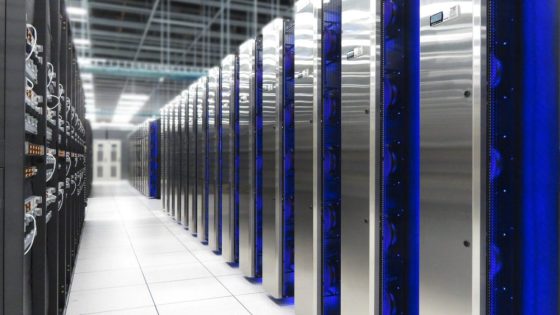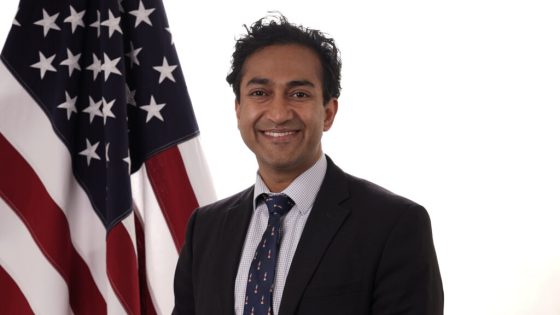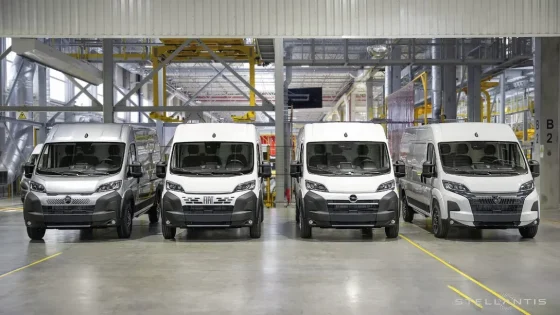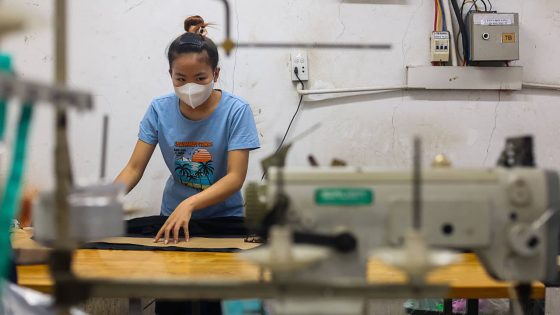Tesla’s recent decision to halt its Project Dojo initiative has sparked significant discussions in the electric vehicle sector. Earlier this week, CEO Elon Musk confirmed on X that the company would refocus its resources, opting not to pursue two different AI chip designs simultaneously. This development raises questions about the future of Tesla’s autonomous driving capabilities.
- Tesla halts Project Dojo initiative.
- Musk emphasizes resource allocation efficiency.
- AI5/AI6 chips to train FSD systems.
- AI6 chips seen as Dojo's successor.
- Dojo's technology influences AI6 design.
- Musk supports Samsung's AI6 production efforts.
Musk explained that the AI5 and AI6 chips will now be utilized for training Tesla’s Full Self-Driving (FSD) and Autopilot systems, effectively rendering Dojo unnecessary. He emphasized that consolidating efforts around AI5 and AI6 would streamline operations and reduce costs. The announcement made on 2025-08-10 19:35:00 has implications for Tesla’s product lineup, including the anticipated Cybercab and next-generation Roadster.
This pivot raises important questions about Tesla’s competitive edge in the global market. Will focusing on a single chip design strengthen its position against rivals? The implications are vast:
- Streamlined operations may lead to faster product rollouts.
- Consolidating AI efforts could enhance Tesla’s technological capabilities.
- Global competitors may need to reassess their strategies in light of Tesla’s advancements.
As Tesla moves forward, the impact of this strategic shift will be closely watched. Will this focus on AI technology propel Tesla to new heights in the electric vehicle market?
































